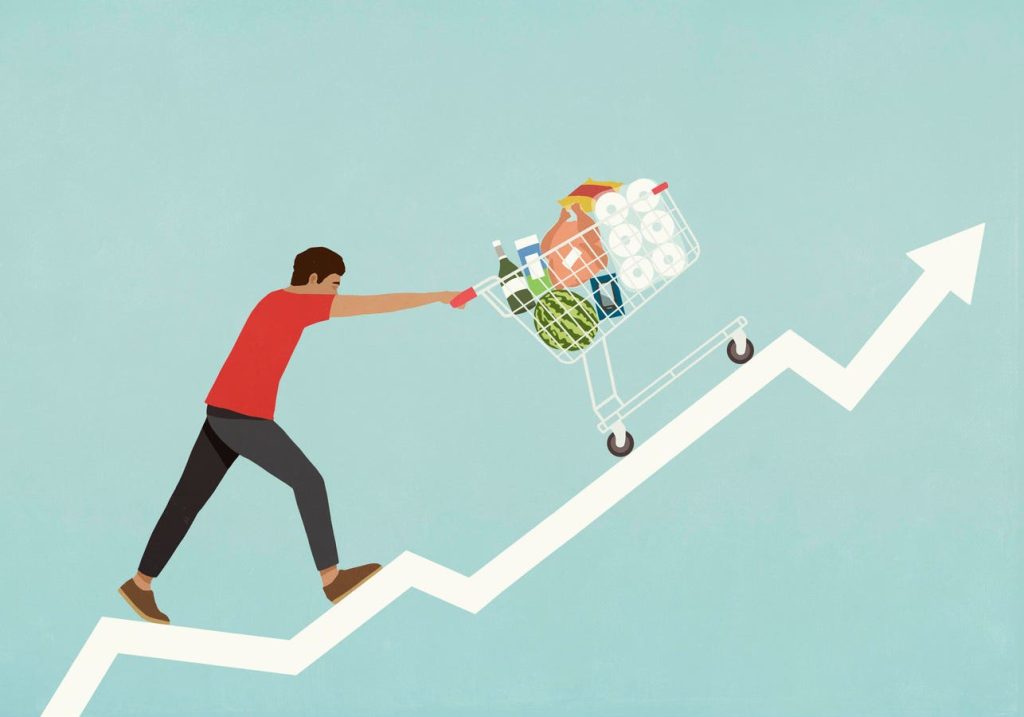The Latino community in the United States, represented by Gabriela, the Founder of the Latino Wall Street movement, is faced with the potential threat of hyperinflation in the U.S. economy following a significant and long-term rise in inflation. Drawing parallels to countries like Venezuela, the U.S. is currently experiencing a disinflation phase, where inflation is rising at a slower rate. The aftermath of the 2010 Venezuela financial collapse, caused by poor fiscal management and excessive money printing, serves as a cautionary tale for the U.S. economy, which has implemented similar stimulus measures post-Covid-19.
American families and small businesses are feeling the strain of rising costs of basic needs, resembling the initial phase of inflation in Venezuela. The U.S. government’s response with proactive measures to stabilize prices carries risks that could compromise long-term economic stability. Excessive monetary easing and fiscal stimulus may lead to inflationary pressures, eroding consumers’ purchasing power and raising concerns about the burden of debt on future generations. By learning from Venezuela’s mistakes, U.S. policymakers must emphasize economic productivity, fiscal responsibility, and targeted support for vulnerable sectors to avoid potential economic turmoil.
The decisions made now will shape the U.S.’s economic future, with unchecked inflationary trends posing a risk of economic instability and a collapse of the U.S. dollar. The balance between innovative policymaking and strict fiscal discipline is crucial in preventing a fate similar to Venezuela’s. Strengthening fiscal discipline through prudent debt management, regulatory reforms, and investments in education and technology can pave the way for sustained economic prosperity and minimize future crises. Collaborative efforts among U.S. officials and financial professionals are needed to implement prudent fiscal practices, proactive inflation mitigation strategies, and promote financial literacy and diversification to navigate the evolving economic landscape.
Managing finances wisely, seeking cost-saving opportunities, and diversifying income and investment portfolios are key strategies to mitigate the risks of inflation. By prioritizing fiscal responsibility, reducing debt, and addressing inflationary drivers, policymakers can stabilizes prices and shield consumers and businesses from rising costs. Promoting collaboration, fostering financial literacy, and empowering individuals with knowledge will help navigate economic challenges and ensure a stable and prosperous future for all citizens. The collaborative efforts of policymakers, experts, and financial institutions will be essential in stabilizing the economic landscape and protecting against inflation risks.













